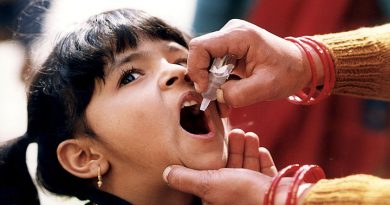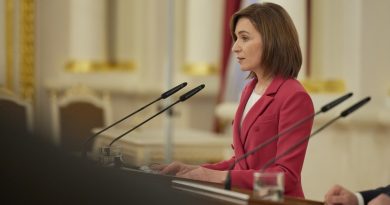Focus on Freedom of Expression: France
By Abby Shamray
Editor-in-Chief
Michel Houellebecq has been called one of the most important French writers since Albert Camus, though he mostly makes headlines for his controversial views on Islam. His most recent book, Submission, is a satirical bestseller that describes a France in the near future that has “submitted” to the influence of Islam and is under complete control of Sharia law.
He became closely tied to the Charlie Hebdo attacks and the issue of freedom of expression since his book was released the same day as the Hebdo massacre; it was a caricature of him that adorned the cover of the satirical magazine that week. Houellebecq was placed under police protection following both the Charlie Hebdo attacks and the November terrorist attacks in Paris because of his previous statements about Islam made him susceptible to retaliation from terrorist groups.
According to the Guardian, Houellebecq has been called “irresponsible” by some intellectuals who say that he was playing on the rampant fear of Islam in France.
Following the Hebdo attacks and the release of his book, Houellebecq said in response, “You can’t say you are free to write what you want but that you have to do it responsibly. There are no limits on freedom of expression—zero limits.”
Houellebecq’s controversial opinions have helped place him in the spotlight almost as much as his works.
He famously called Islam “the stupidest religion” in an interview in 2002, a position he said he has not reversed, though he was taken to court for “inciting hatred” since then. He also told the New York Times, “Islamophobia is a defensive reaction, one of fear, which is justified.”
After his book was released, the French Prime Minister Manuel Valls said in a statement, “France isn’t Michel Houllebecq. It isn’t intolerance, hate, fear,” as reported by the New York Times.
In France, racial and religious hatred was outlawed in 1972 as a result of a rise in attacks on Algerians. In 1990, Holocaust denial was outlawed, and in 2014, “apology for terrorism” was also outlawed.
France is also known for its form of secularism called laïcité, according to the Economist.
In 2004, France banned all “conspicuous” religious symbols, including the headscarf, in public institutions. Additionally, in 2010, France outlawed full face covering in public–known popularly as “the burqa ban.”
The Economist clarified that while the laws may seem bigoted to those outside France, the French people view the laws as integral to upholding liberty, equality, and the perpetuation of shared values.
Following the Nov. 13 Paris attacks, the New York Times reported current sentiment in the outskirts of Paris where mainly minorities.
Adi Camara, whose parents immigrated to Paris from Mali, told the paper, “I feel targeted in Paris. As a black, as a Muslim, it’s all the same. It’s complicated in France.”
France has made strides in the past to create a foundation of equality in the form of laïcité and the anti-hate speech laws.
In light of both the Charlie Hebdo and the Nov. 13 attacks, increased Islamophobia has made equality more elusive, though made freedom of expression ever more vital, evidenced by the popularity of #jesuischarlie.
France continues to work toward curbing hate speech and encouraging freedom of expression.


